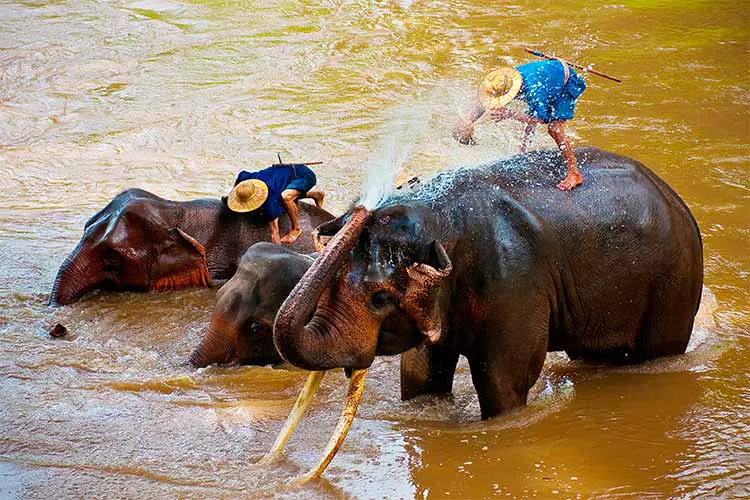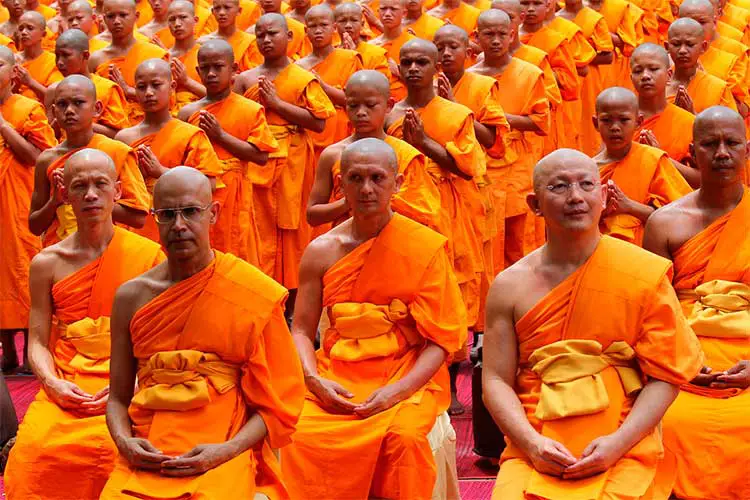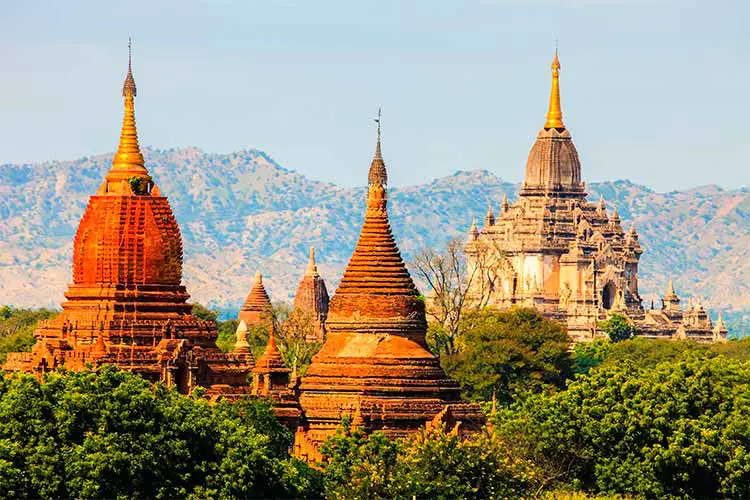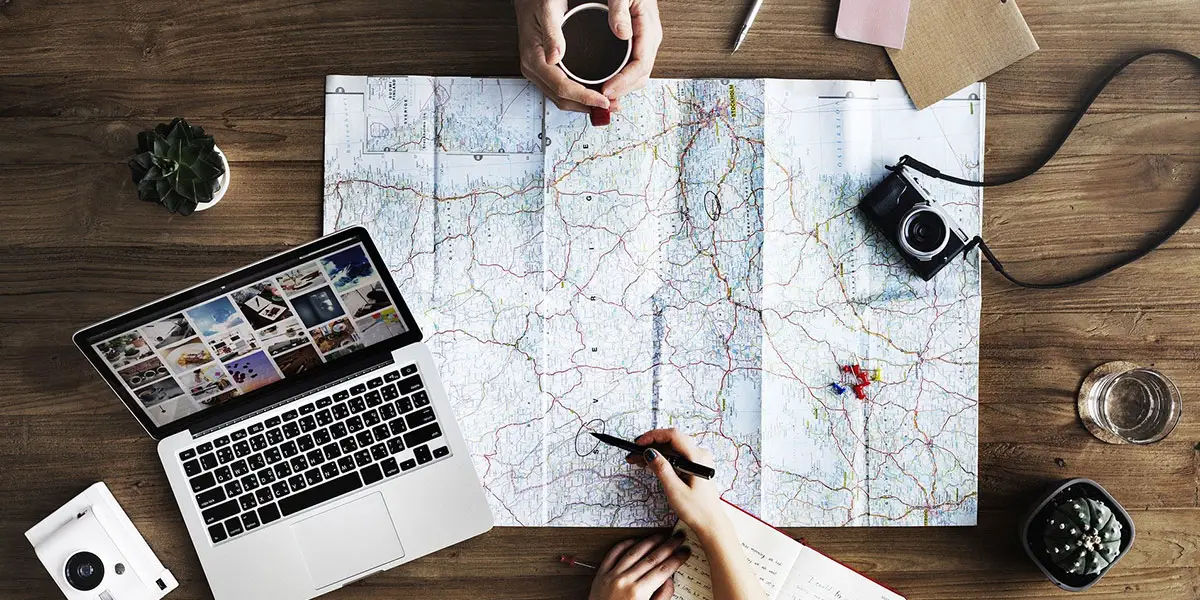How to Plan a Trip – Research for Ecotourism
As most independent travellers will tell you, the best trips manage to strike a balance between spontaneity and planned excursions. Few people enjoy travelling with a strict itinerary with fixed plans every hour of their travels, but at the same time, one ought to have an idea of what exactly they’ll be getting themselves into during their journey abroad. Ecotourist centric travel benefits from prior research perhaps more so than traditional travel, as rarely do ecotourists have access to the Internet or other reference materials out in the field.
Obviously, the topic of how to plan a trip varies based on where you’re travelling to, what your interests are, and how long you’ll be away. However, all ecotourists can benefit from research on the following themes, no matter what your trip might entail.
Location and Biomes
Perhaps the most obvious piece of research that needs to be done covers what area of the world one wishes to visit, as well as what the nature is like in this area. Consider first selecting a region or country you wish to visit, and basing this decision off the natural surroundings offered by the country. For example, those interested in a desert excursion may limit future research to locations in Morocco or Arizona, while those seeking exotic beaches will be more interested in the South Pacific islands. Once you’ve narrowed down a particular region or country, use the Internet to find specific locations such as national parks, game reserves, or even private resorts that offer particularly beautiful slices of the biome you’re interested in.
The best-case scenario is when one region of the world offers several biomes of interest. For example, we selected Southeast Asia as our final travel destination because it offers a fantastic combination of rainforest, beaches, mangrove swamps, and major cities, all of which we’re interested in seeing. However, we never would have known all that Southeast Asia had to offer without extensive research for several months prior to the trip.

Safety Considerations
Since no trip ever goes exactly how it’s planned, it’s important to know what potential problems one may face and how they can be resolved. For ecotourists planning to spend a considerable portion of their trip outdoors, the most obvious safety concerns to research are dangerous plants and animals. Have an idea of what types of poisonous or ferocious creatures are out there, and know how to best respond in the unlikely event of an encounter. While ecotourism is generally quite safe, it’s still best to have an idea of basic survival skills in your region of travel. For example, could you find water in a desert settings? Do you know what to do in the case of a snake or insect bite?
Another safety concern one must make a point of researching is weather conditions. This is especially true in regions with extreme weather conditions, such as mountains, deserts, and flood plains. Know what time of year extreme weather events are most likely to occur and try to plan your trip during the optimal season. Not only will this help keep you safe, it’ll also improve the chances of clear skies and beautiful weather during your vacation.
Finally, research any human safety concerns the region may be known for. For example, Syria may have some striking landscapes and beautiful ruins, but as of 2015, political and military conflict with rebel groups have rendered the country an extremely poor place to spend your vacation. Remember to research both the modern and historical conflicts in the region. For example, during the portion of our trip in Vietnam, we’ve been advised by fellow travellers and the Internet not to be extremely forthcoming about our nationality (American). Although the American-Vietnam conflict was some 40 years ago, before either of us were born, some Vietnamese citizens might still form an unfavourable opinion of us simply due to our citizenship.

Culture and Language
Even if you plan on spending the majority of your trip out in nature, tucked far away from humanity, you’ll still have to make some contact with locals. Unless you want to come across as an obnoxious, clueless tourist, this means you have an obligation to learn at least the basics of local culture and language. Not only will this help you avoid offending locals, most times local people will appreciate your attempts to respect their culture. For example, here in Thailand, one must never talk poorly about the monarchy, which is a fairly obvious cultural tradition. What’s more, showing someone the bottom of your feet is considered highly offensive. A cultural meme we would not have been aware of without research, however, is that one should never stop a rolling coin by stepping on it, as this exposes the image of the king printed in the coin to the bottom of your foot. Learning small customs such as this is important if you want to avoid accidentally offending locals.
Besides cultural traditions, one should also make a point of researching a few basic words in the local language. At a minimum, travellers should be able to say yes, no, hello and thank you. Other helpful phrases include bathroom, how much?, hotel, food, and water. It’s also a good idea to learn a language’s polite words to show respect, such as sir or ma’am in English or ka or krap in Thai.

Day-to-day Details
Once you’ve formulated an idea of where you want to go and know how to keep yourself safe, you’ve reached the fun part of travel research. While it would be difficult and painstaking to make up an exact itinerary for your trip, in order to maximize your time abroad, it is a good idea to do some research on popular attractions, restaurants, and accommodation choices where you’ll be travelling. For ecotourists, this often means looking for popular parks, hiking trails, campsites or water features. More so than traditional tourists, ecotourists must also consider how they’ll be getting from major cities and airports out to their final destinations. Besides helping to formulate an idea of what your trip will look like on a day-to-day basis, this type of research is critical in establishing a realistic budget for your trip.

